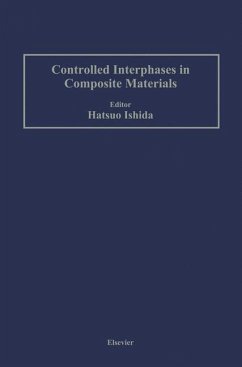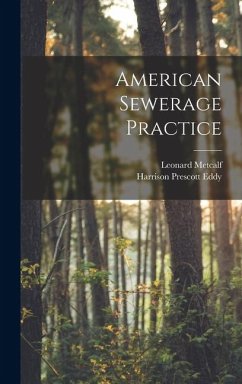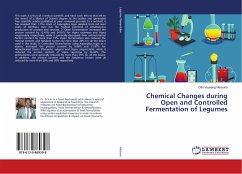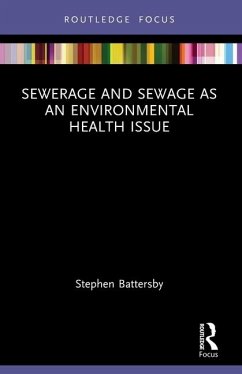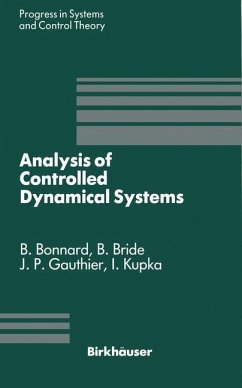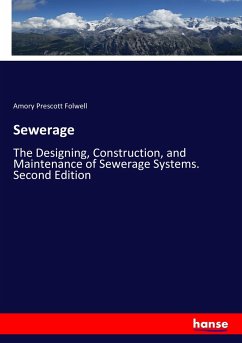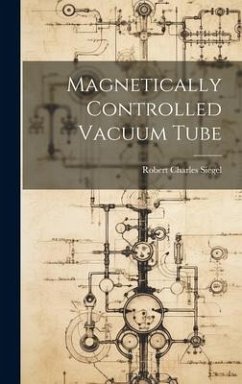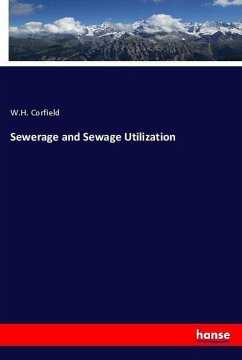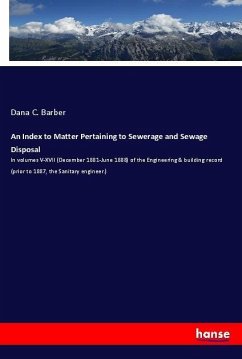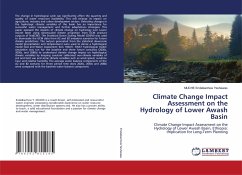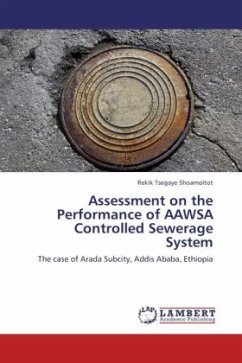
Assessment on the Performance of AAWSA Controlled Sewerage System
The case of Arada Subcity, Addis Ababa, Ethiopia
Versandkostenfrei!
Versandfertig in 6-10 Tagen
32,99 €
inkl. MwSt.

PAYBACK Punkte
16 °P sammeln!
Wastes originating from domestic, commercial, and industrial sources (often mixed with storm water) are collected, treated, and discharged back into the environment. The purpose of sanitary service is to prevent ground water pollution and minimize water borne diseases. The city of Addis Ababa provides sewerage service to its inhabitants by connecting their internal sewer lines to the sewerage network; however the level of service is still regarded as very low. This paper is therefore meant to assess the performance of the existing sewerage system both in technical and economic efficiency terms...
Wastes originating from domestic, commercial, and industrial sources (often mixed with storm water) are collected, treated, and discharged back into the environment. The purpose of sanitary service is to prevent ground water pollution and minimize water borne diseases. The city of Addis Ababa provides sewerage service to its inhabitants by connecting their internal sewer lines to the sewerage network; however the level of service is still regarded as very low. This paper is therefore meant to assess the performance of the existing sewerage system both in technical and economic efficiency terms specifically in the Arada sub city, Addis Ababa. To achieve this, different evaluation methods were used. The methods comprise field visits (accompanied by capturing some pictures of the problem areas), cost analysis and comparison of the two common waste disposal techniques used in the city, Viz. vacuum truck and sewer line, gathering from customers in order to identify the satisfaction level and finally evaluation of the sewerage network using sewer CAD version 4.3 to check and compare the existing hydraulic capacity and the future expectations.



